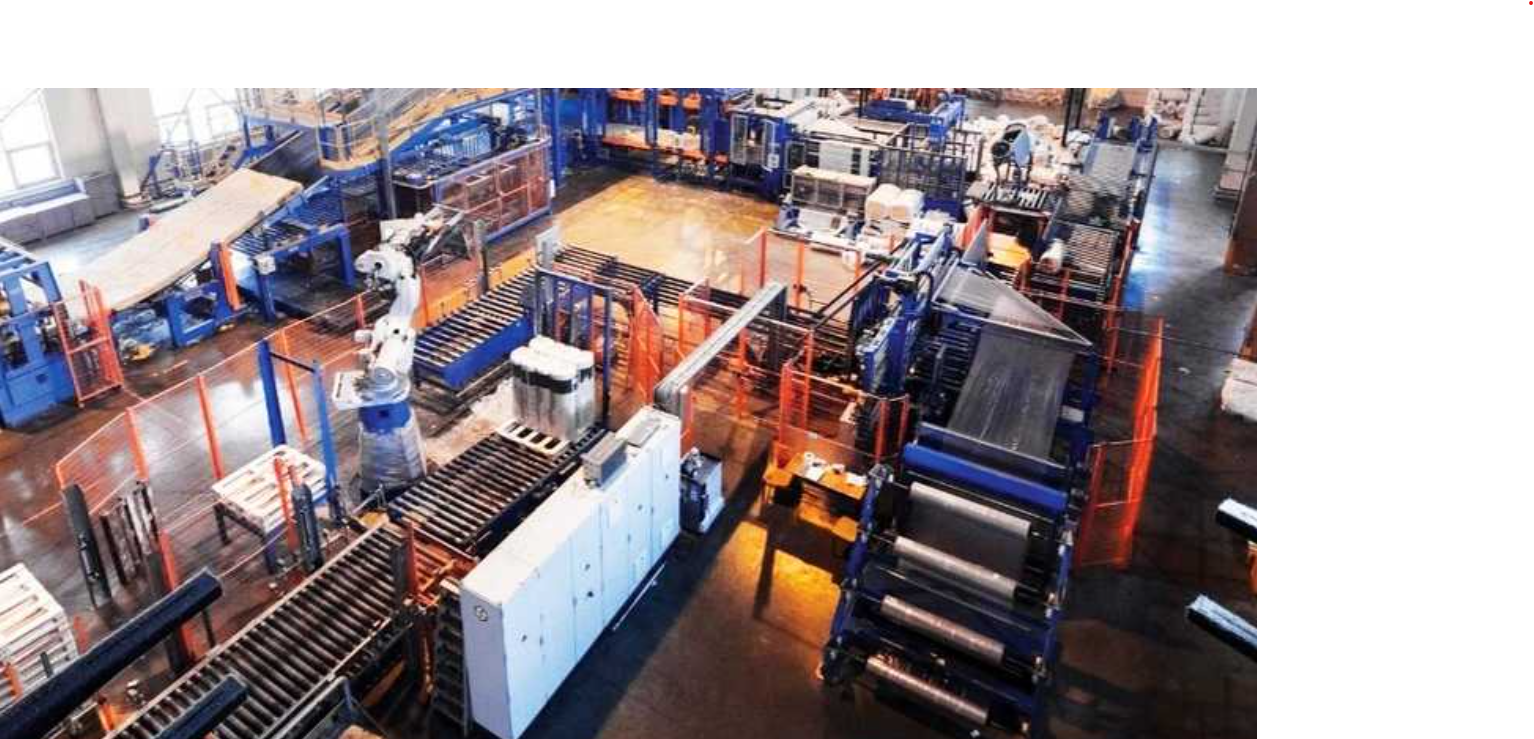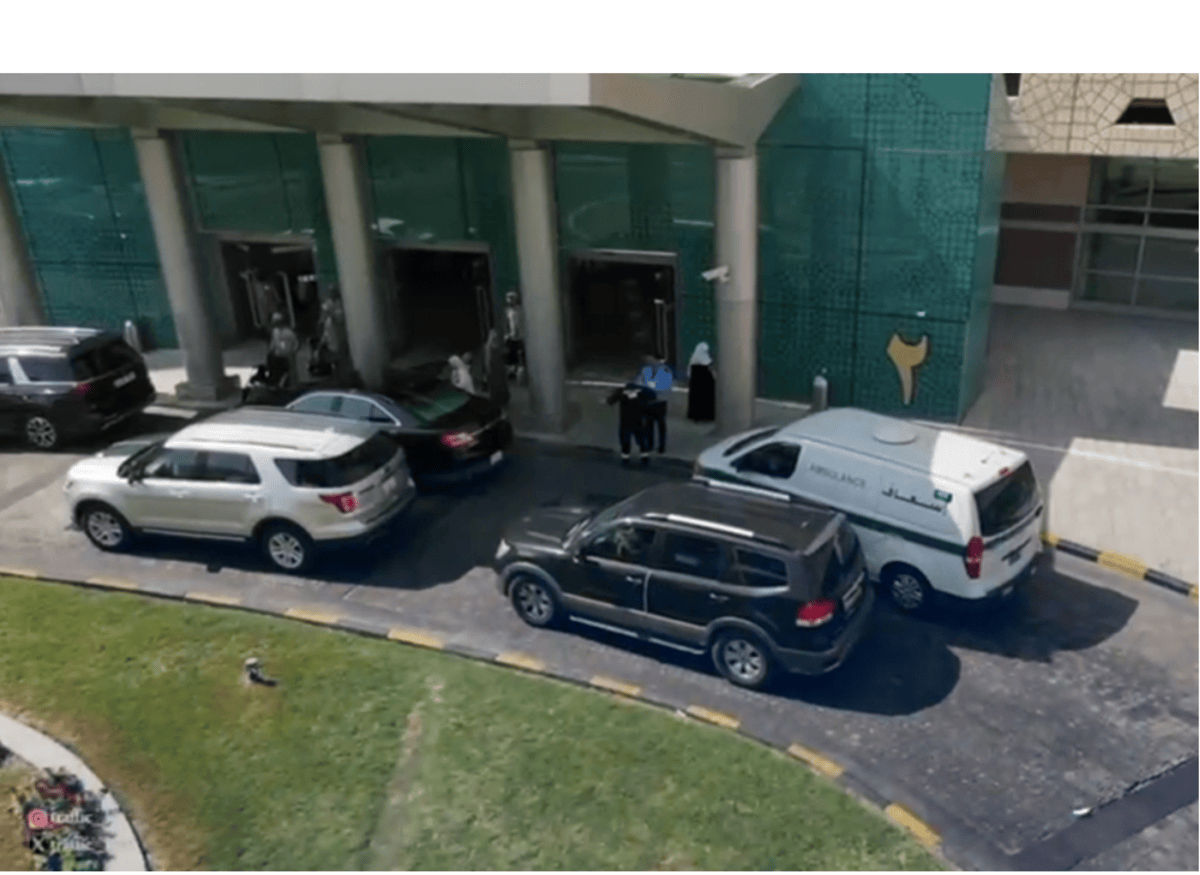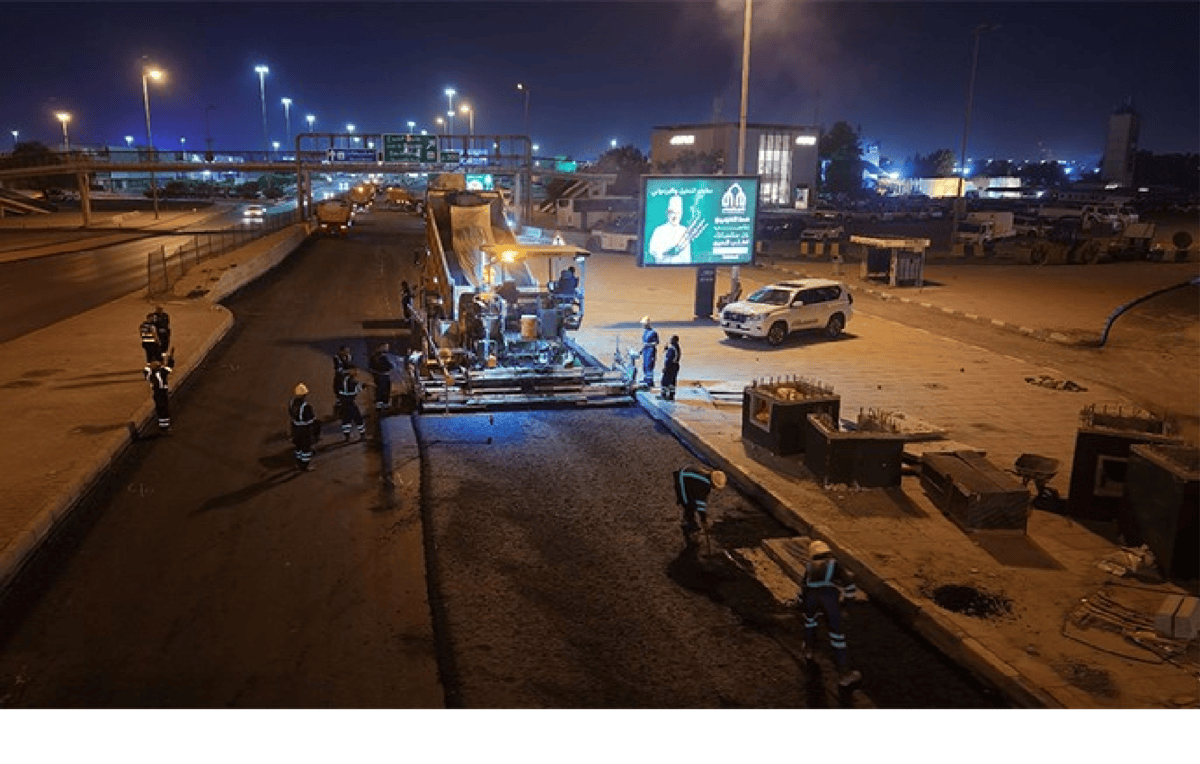In a move aimed at bolstering national energy conservation efforts, the Public Authority for Industry (PAI) has issued a new directive instructing industrial establishments to observe mandatory partial shutdowns during peak energy consumption hours, as defined by the Ministry of Electricity, Water and Renewable Energy. Effective immediately and until further notice, factories are required to suspend operations from 11:00 a.m. to 5:00 p.m., the designated peak period.
Operational Flexibility Beyond Peak Hours
Demonstrating a balanced approach between regulatory compliance and industrial sustainability, the PAI affirmed its commitment to supporting manufacturing operations. Facilities operating on single-shift or double-shift systems are now permitted to extend their working hours into the evening, compensating for lost daytime productivity. This flexible arrangement aims to mitigate production losses while maintaining the integrity of Kuwait’s power grid.
In tandem with these efforts, the PAI—alongside relevant governmental bodies—warned that legal action will be taken against violators who fail to adhere to energy conservation measures.
Coordinated Planning and Sector-Specific Exceptions
According to informed sources, early coordination has been established between the Ministry and various local factories to ensure a smooth implementation of the energy-reduction mandate, particularly in the summer season. This proactive approach is intended to avoid the disruptions experienced during similar directives issued in previous years.
Crucially, the Ministry has assured that certain critical sectors—pharmaceutical manufacturing and essential food industries—will be exempted from power cuts during peak hours due to their indispensable roles in public welfare and supply chain stability.
Industrial Community’s Response: Supportive Yet Cautious
Several industrial investors and factory executives have voiced support for the initiative, recognizing its importance in preventing broader power outages, especially in residential areas. However, they cautioned against a blanket application of the directive across all industrial sectors. Many pointed out that factory capabilities vary greatly—some can efficiently scale down operations, while others cannot afford unscheduled halts due to the high cost of restarting sensitive production lines.Stay updated on Kuwait’s latest news and job openings by following our WhatsApp channel!https://whatsapp.com/channel/0029VaCkXo25q08jnKrRwo27
Industries relying on continuous operations, such as those involving furnaces, refrigeration, or perishable goods, emphasized that abrupt shutdowns could result in financial losses running into tens of thousands of dinars and long recovery times. They urged authorities to adopt a case-by-case approach, recognizing the technological and operational uniqueness of each facility.
Fortunately, most factories have begun adjusting their operations proactively, rescheduling production shifts to avoid peak periods and preparing contingency plans in anticipation of stricter energy regulations.
Energy Efficiency Measures Recommended for Industrial Facilities
In alignment with its conservation goals, the PAI has issued comprehensive guidelines to enhance energy efficiency across all industrial facilities. These measures are designed not only to reduce consumption but also to improve long-term sustainability:
- Set air conditioning systems to 24°C in occupied spaces; no less than 27°C in unoccupied spaces unless cooling is essential.
- Adopt smart thermostats to optimize cooling patterns and workplace comfort.
- Maintain HVAC systems regularly, including filter cleaning to ensure peak performance.
- Transition to energy-efficient lighting and turn off lights in unoccupied areas.
- Power down central AC units and water heaters when not in use.
- Avoid operating high-energy equipment during peak hours; reschedule for off-peak times.
- Fix water leaks and eliminate wasteful practices.
- Seal doors and windows to prevent the loss of cooled air.
- Install thermal insulation, curtains, and awnings to reduce indoor heat gain.
- Use motion-sensor lighting in low-traffic zones.
- Ensure complete shutdown of computers, printers, and office electronics after work hours.
Industrial Sector’s Energy Footprint
According to previously published data, the industrial sector consumes 17% of Kuwait’s total electricity output, with manufacturing facilities accounting for approximately 3%. The oil sector continues to dominate industrial consumption.








